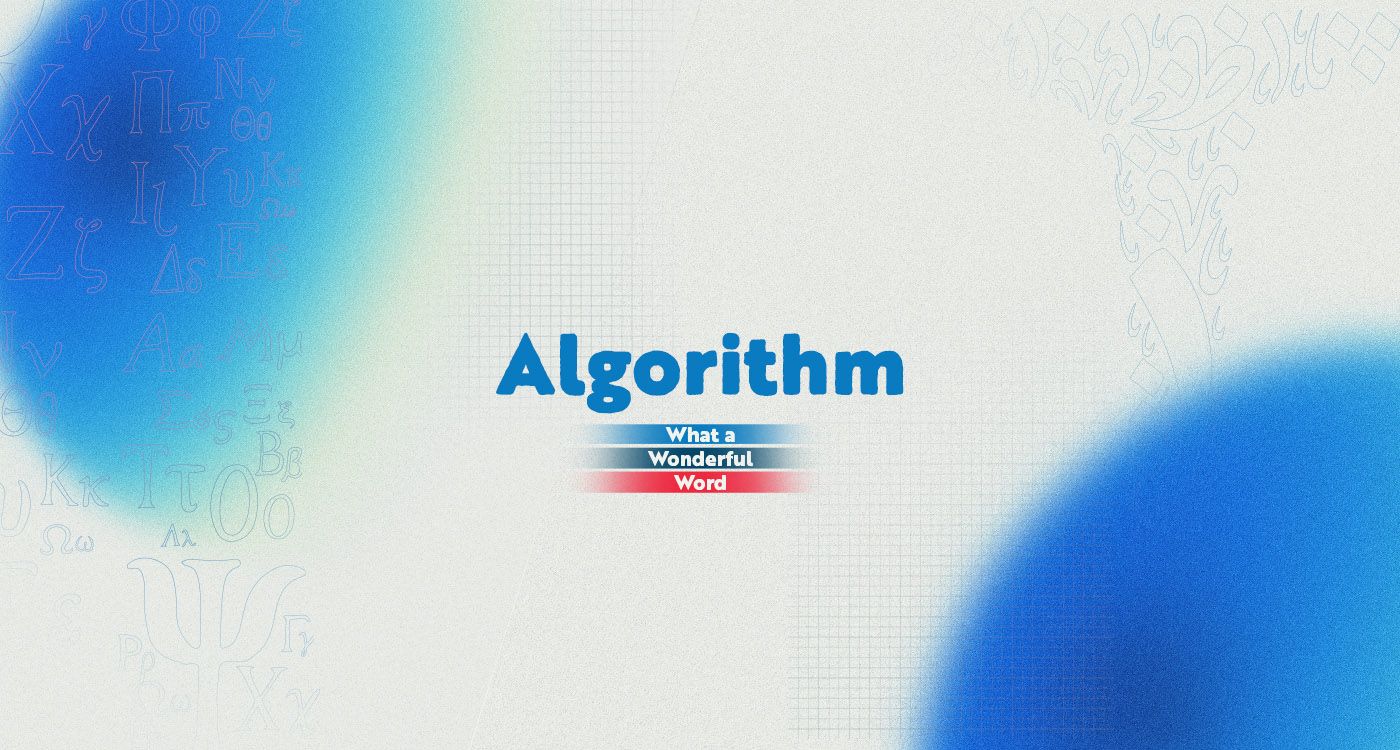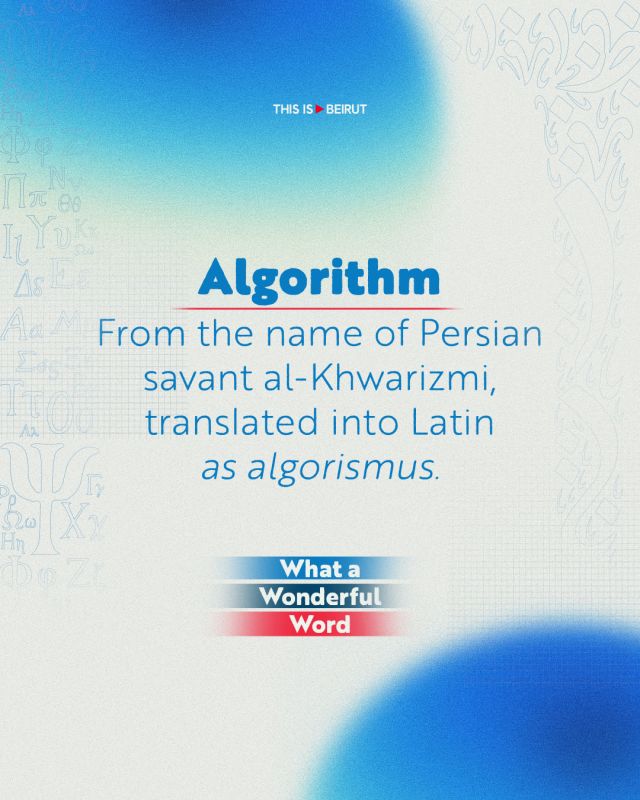
Long before we had computers, humans tried to solve problems by creating algorithms. Originating from the name of the Persian mathematician al-Khwarizmi, algorithms have evolved across disciplines such as languages, sciences and technologies. Today, they are the silent architects of our digital world.
From Babylonian clay tablets to TikTok feeds and ChatGPT, algorithms have shaped human thought for millennia. Born from a Persian mathematician’s name, the word traveled through languages, sciences and machines, becoming one of the most powerful concepts of our digital age.
Rooted in Ancient Persia
The English word algorithm has a surprisingly personal origin. It traces back to the 9th-century Persian savant Muhammad ibn Musa al-Khwarizmi, whose treatises on arithmetic and algebra were translated into Latin as Algoritmi de Numero Indorum. Over time, “algorism” – meaning arithmetic with Arabic numerals – evolved into algorithm. The spelling was influenced by the Greek arithmos (number).
What began as a name became a concept: a step-by-step procedure for solving a problem. Recipes, long division and chess strategies are all algorithms, as much as the code that powers Google search.
Ancient Algorithmic Thinking
Long before the word “algorithm” existed, humans were already developing systematic methods to tackle complex problems. As early as 1600 BC, the Babylonians recorded procedures for calculating square roots on clay tablets, while around 300 BC, Euclid formalized what would later be called the “Euclidean algorithm” to determine the greatest common divisor. By 200 BC, Eratosthenes had devised his sieve to identify prime numbers, and in 628 AD, the Indian mathematician Brahmagupta developed techniques for solving quadratic equations. These methods were more than mathematical curiosities; they established the foundational logic for the field of computation.

Ada Lovelace and the First Computer Algorithm
In the 19th century, Ada Lovelace, the daughter of poet Lord Byron, worked with Charles Babbage on a design for the Analytical Engine. She wrote the first instructions intended for a machine: an algorithm to calculate Bernoulli numbers. Her insight went further. Lovelace speculated that algorithms might one day manipulate symbols beyond numbers, even creating music or art.
Babbage claimed the invention of the Analytical Engine, which he never actually built. Lovelace had not signed her notes with her full name, but only with her initials, A.A.L. When they were published, these were mistakenly copied as A.L.L., which prevented her from being clearly recognized as the author of the ideas. It was only later that historians restored Lovelace’s rightful place.
From Turing to Google
The 20th century saw algorithms take on their modern identity. In 1936, Alan Turing formalized the concept with his abstract “Turing machine,” laying the foundation for computer science. During the 1940s and 1950s, programmable computers such as ENIAC and Zuse’s Z3 brought algorithms to life, and by 1954, the introduction of FORTRAN – the first widely adopted programming language – made algorithms more accessible to scientists.
Later, in 1999, Google’s PageRank algorithm transformed the way we access information online.
Today, algorithms operate in nearly every aspect of life. They are used in weather prediction and climate modeling, as well as in financial trading and risk analysis. They regulate social media feeds, such as Facebook’s EdgeRank and TikTok’s “For You” page, and power medical diagnostics through machine learning. Algorithms are also at the core of AI systems, which can write, code and reason.
A Future Written in Code
From al-Khwarizmi’s arithmetic to Lovelace’s vision and Turing’s machines, algorithms have long been humanity’s tool for translating thought into action.
They are now guiding how we navigate the world, communicate and access knowledge, shaping it in subtle and profound ways. By deciding what we see, hear and read, algorithms can reinforce existing biases, amplify certain voices while silencing others, and influence decisions without our full awareness.
Transparency, accountability and ethics: these are the issues now entering public debate.


Comments